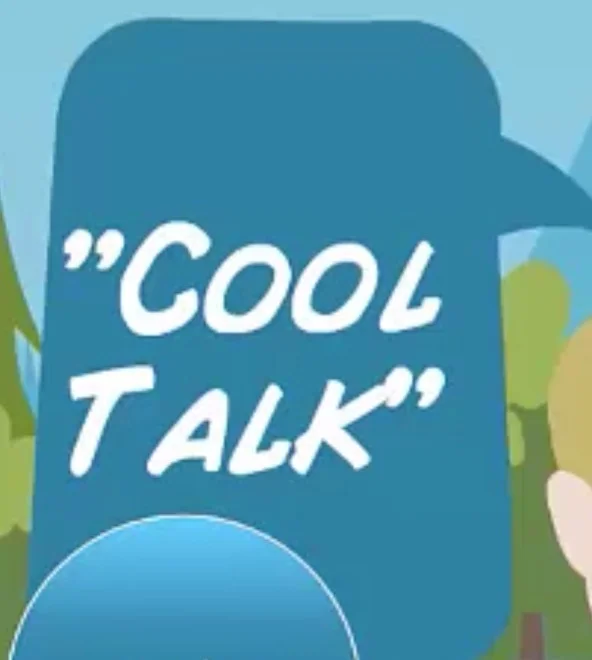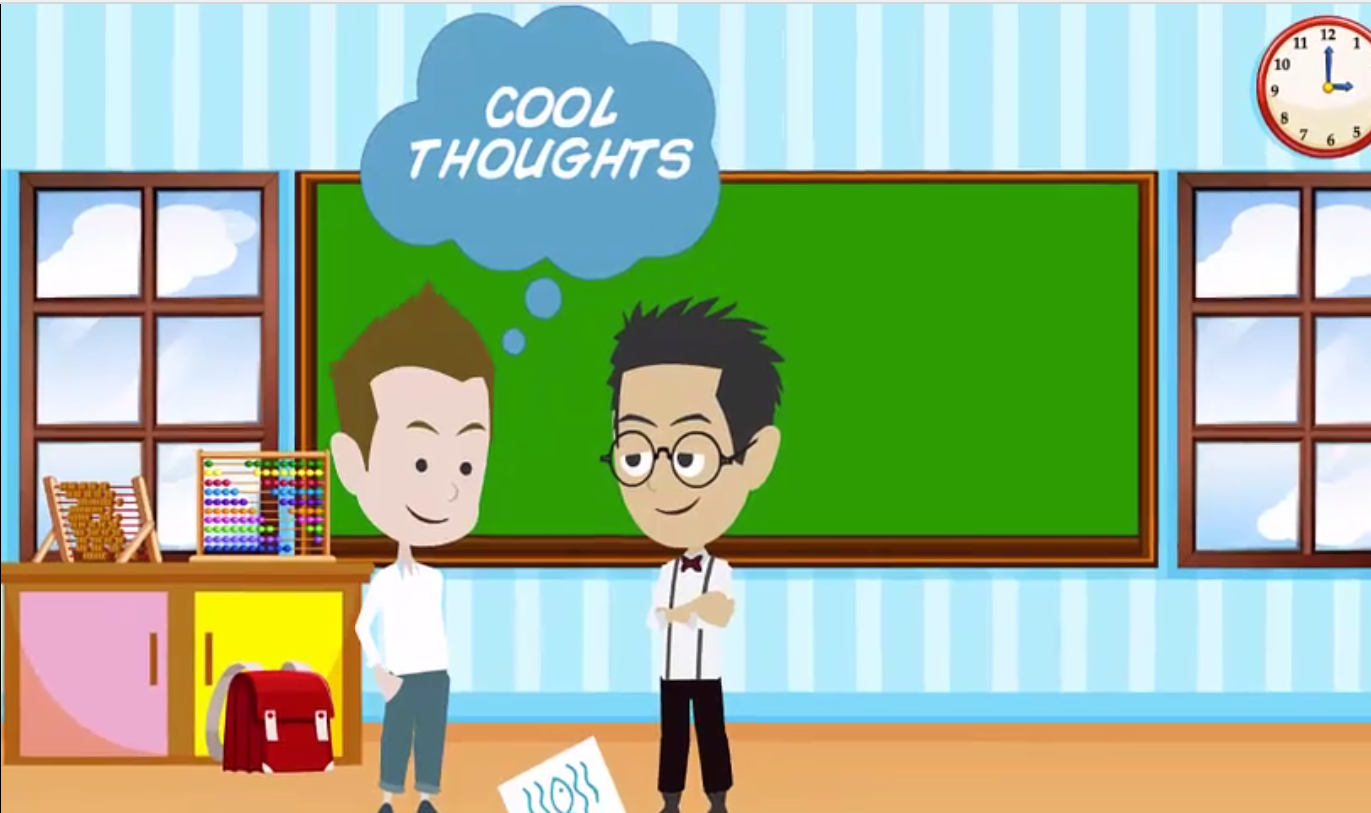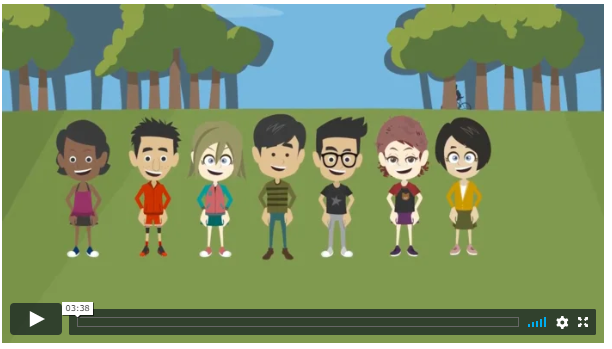“It’s not fair”, “You’re an idiot!” and “He cheated!”: Kids and teens’ ‘angry talk’: Teaching them what to say instead
/When we are angry, we have a strong instinct to express our outrage and needs in strong and emphatic ways. We use our words to defend ourselves, attack or defeat someone – or something.
As adults, we are (sometimes) able to disguise or dampen these themes, but in younger people (without the benefit of fully developed adult frontal lobes) these ideas are often expressed loudly and clearly.
James and his brother were playing a ball game which ended in them both yelling “You’re a cheater”, “this is stupid” and “Shut up!”
Jordi was furious at Sara for telling others something told to her in confidence and texted her:“You’re a liar” and “Don’t ever talk to us again”
Tom* was asked to get ready for school three times until Dad took the ipad away from him which prompted him to yell: “Give it back to me” and “You’re horrible”
Ruby wasn’t bought something she desperately wanted at the shops, and she stomped, cried and shouted “This is so unfair” and “You are so mean” to her Mum.
Unfortunately, while it is entirely normal for young people to speak in angry and aggressive ways at times - not only does it often make them feel worse, it makes people around them less likely to want to be with them, negotiate with or support them. Which in turn can lead to worse mood, poorer social relationships and more anger.
Read More












